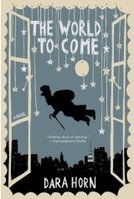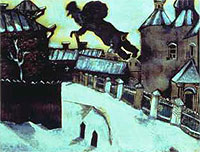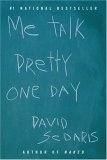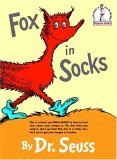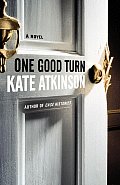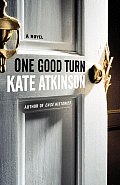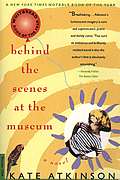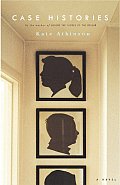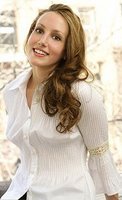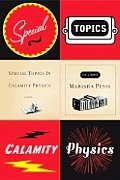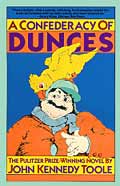 I finally finished Boy Detective Fails, by Chicago writer Joe Meno. I write "finally" because it seemed to take a long time for a book that occasionally has one sentence chapters. It begins with Chapter 31, letting you know right from the get-go that you're in for some po-mo lit (that's if you didn't notice the "note to the astute reader" on the copywrite page: It may be of interest to you to note, for purposes of decoding the hidden story placed within these pages, that A=N.)
I finally finished Boy Detective Fails, by Chicago writer Joe Meno. I write "finally" because it seemed to take a long time for a book that occasionally has one sentence chapters. It begins with Chapter 31, letting you know right from the get-go that you're in for some po-mo lit (that's if you didn't notice the "note to the astute reader" on the copywrite page: It may be of interest to you to note, for purposes of decoding the hidden story placed within these pages, that A=N.) I love the heavily footnoted and hidden-notes-in-the-copywrite pages of, for example, Dave Eggers' Heartbreaking Work of Incredible Genius, or, as the "astute reader" knows, the po-mo stylins' of Pessl's 2006 Special Topics in Calamity Physics, so it was with a bounce in my step that I set off for Boy Detective Fails, which comes complete with a decoder ring in the back, for solving mysteries.
An absolute exercise in the definition of postmodern literature, the short novel deals with existential issues of our times - you know, that things make little sense, that often there are no reasons for the things that happen, that bad things happen to good people (see In the Image, by Dara Horn, for a more in depth analysis), that there really are no easy answers. This is literally spelled out several times throughout the book - for example, in a conversation with a therapist, the doctor says, "The facts. The truth. Life has very little to do with either."
As a boy, the Boy Detective (as he is referred to throughout the book) solved mysteries with his sister and a friend, and, tableau-style, the reader is introduced to this past in the beginning of the book. The Boy Detective and his friends solve cases, accompanied by titles like "Boy Detective Solves Fatal Orphanage Arson." Like the Scooby Doo gang, they follow the clues to their logical conclusion. Later on, the Boy Detective's sister kills herself, and the boy detective attempts to understand what led her to that deed. Naturally, that mystery is less easy to comprehend. The Boy Detective, no longer either boy or detective, is unable to find peace and proceed to the next stage of his life until he embraces mystery and chaos.
I found the distance of the main character quite difficult to deal with, despite his pains and his emotional state, he's difficult to relate to, and frequently I found myself wondering if he was even an actual character at all. Shape poetry, variation in font, text, and style are capably managed and really exciting and interesting, but personally I hope for more emotional resonance, which is frequently lacking in the postmodern expression.
Here's an excerpt.









